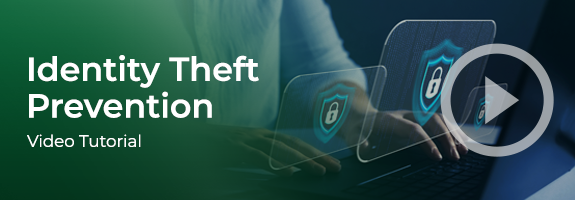Computer and Device Safety Tips
- Keep antivirus on your device(s) up to date.
- Keep your device(s) operating system(s) up to date.
- Make sure that you are using a trusted internet connection (DO NOT TRUST PUBLIC WI-FI CONNECTIONS).
- Password or pin-protect your device to prevent unauthorized access.
- Do not write down your passwords.
- Use Passphrases instead of easy-to-guess passwords.
|
Safe Browsing
- Only visit trusted sites.
- Never enter personal information on unknown websites.
- Make sure the sites you are using are secure by looking for the lock icon.
- Bookmark frequently visited sites to prevent typing errors.
- Microsoft tech support will not call you to tell you that you have a virus. (According to their website, Microsoft will not send an email or solicit Windows Customers to offer Tech Support either.)
- Do not fall for Blue Screen of Death Scams. (The number listed is not Microsoft.)
- Periodically change your passwords for websites you log in to.
|
Email & Social Networking Safety
- Do not open attachments in email that you aren’t expecting, even if it is from someone you know.
- Do not click on links in your email. Hover over the link to verify what site it leads to.
- Be aware of phishing scams received in your email. Words will often be misspelled or forgotten.
- Be cautious when considering accepting friend requests from strangers or people you do not know.
- Never send or accept money through a social network from someone you do not know.
|
Banking Safety
- First Federal will not call, email, or ask you for your internet banking password.
- Never wire money to a person you do not know.
- Never give out personal information over the phone.
- The IRS will never call you for your information.
- Beware of lottery scams; you will never have to pay for money you’ve won.
- Never give out or share your internet banking username or password. This violates your online banking agreement. Each account user needs his/her own username and password.
- Check your account statements on a regular basis.
|
Your Information and First Federal
- If you think your account information has been compromised or you suspect suspicious activity, please contact us immediately by calling (724) 627-6116.
- First Federal will not ask you for your internet/mobile banking password.
- First Federal does not have access to your ATM or Visa Debit card PIN number.
- First Federal is responsible for ensuring our customers are who they say they are. Please provide your ID or other identifying information when asked in order to help our staff provide the best possible service to you.
Always remember, if it sounds too good to be true, it probably is.
|








